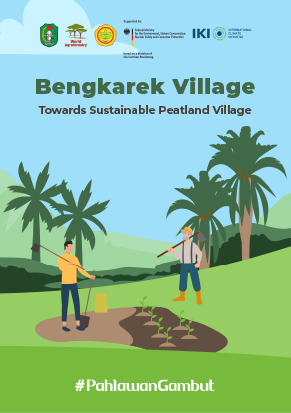The biggest challenges in establishing timber plantations in Indonesia concern a range of social aspects, in particular those dealing with people living inside concessions and in the areas surrounding plantations. CIFOR's research shows that a sustainable supply of timber may be achievable through partnership schemes that encourage companies and local communities to work together in sharing both the benefits and risks of investing in plantations. Despite recent private sector support for partnership schemes, there is evidence to suggest companies often do not have a clear idea of the measures needed to ensure tree growers' full commitment. In the short-term, companies would not gain economic benefits from the amount of wood produced under partnerships, but more by sharing the risks and benefits with local communities in establishing timber plantations. However, the challenges are complex and the long term viability of partnerships depends on ensuring the partnership can deal with to the changing condition.
Download:
DOI:
https://doi.org/10.17528/cifor/001275
Score Altmetric:
Dimensions Nombre de citations:




















